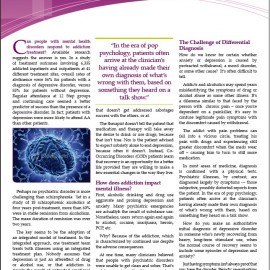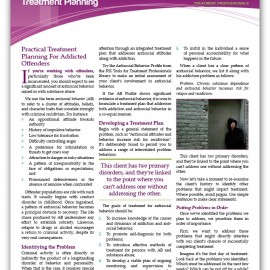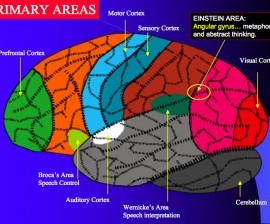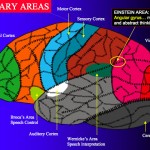Addiction Clinicians
Defense: Fantasy
Eventually, the fantasy bubble gets popped, and the addict realizes they’ve wasted a lot of time when they could have been making progress.
Topics: Alcoholic Defenses, defense mechanisms, intervention
Defense: Externalization
Eventually, through painful experience, the externalizer recognizes that the secret of recovery is focusing on changing yourself, not others.
Topics: Alcoholic Defenses, defense mechanisms, intervention
Defense: Rationalization
Eventually, the rationalizer (through painful experience) realizes that instead of serving as a remedy, drugs and alcohol are actually making problems worse
Topics: Alcoholic Defenses, defense mechanisms, intervention
Critical Thinking
At one time, critical thinking skills were a required part of education in many schools. I have the impression that’s no longer the case. Too bad, because faced with a flood of contradictory arguments, we need them more than ever.
Topics: communication, Effective Communication with An Addicted or Alcoholic Person, negotiation
Dual Dilemma: When Addiction & Mental Illness Combine
The key to treatment success is an integrated approach: One treatment team treats both illnesses using an integrated treatment plan.
Topics: co-occurring disorders, counseling, depression, mental illness
Treating the Antisocial Addict: Treatment Planning
The behavior of antisocial persons is a challenge to traditional substance abuse counseling. Offender populations are packed with antisocial clients. It helps to address these behaviors directly, beginning with the treatment plan.
Topics: addicted offenders, antisocial, co-occurring disorders, counseling, court-mandated, DUI/DWI, juvenile courts, personality disorders, treatment, treatment planning
Defense: Intellectualizing
Eventually, things get so bad that the details become irrelevant and the objections seem unimportant.
Topics: Alcoholic Defenses, defense mechanisms, intervention
A Model of Mental Illness
It may help in understanding how the problems that plague some of us throughout life may have come about. And hopefully, in doing so, remove a bit the shame and stigma that often accompanies such problems.
Topics: co-occurring disorders, mental illness, stigma, trauma
Three Basic Questions
Diabetics and heart patients are asked to make changes in lifestyle to reduce the risk of future crisis. Therapy is sometimes used to support those changes.
Topics: co-occurring disorders, mental illness















